Homemade doesn't always mean safe
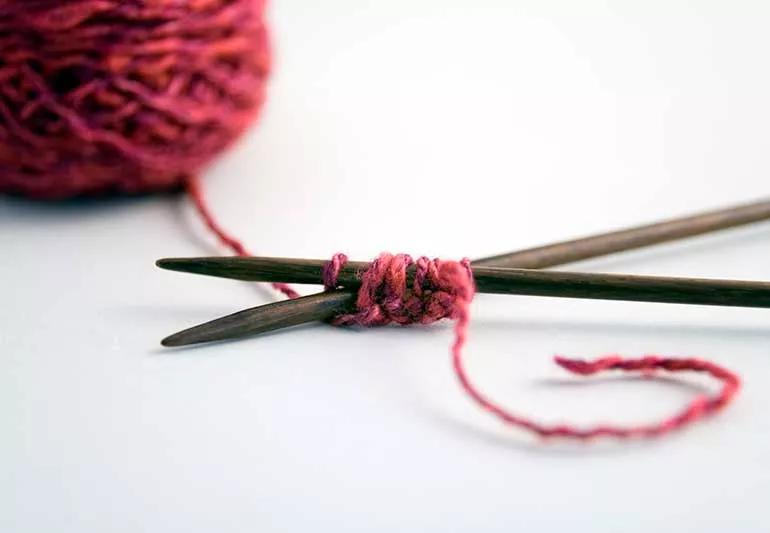
Looking for alternatives to traditional period products?
Advertisement
Cleveland Clinic is a non-profit academic medical center. Advertising on our site helps support our mission. We do not endorse non-Cleveland Clinic products or services. Policy
Seeing the pile-up of used tampons and their wrappers in your trash each month may be leaving you wondering if there's a better option. That may be why reusable tampons have become such a hot topic in recent years, with an increasing number of people making their own and selling them online.
But are reusable tampons a safe choice for your body? Unfortunately not, says Ob/Gyn Erica Newlin, MD. She explains why reusable tampons are a trend you should skip, and what you can try instead.
If you search “reusable tampons” on the popular crafting site Etsy, you’ll get an overflow (pun intended) of handmade tampon listings — often with smiling faces or fun patterns.
Currently, there are two popular types of reusable tampons: cloth tampons — which are often rolled pieces of cotton or flannel fabrics — and crocheted tampons, which are made from yarn. The point of these products is to provide alternatives to tampons you get at the drug store and throw out after one use. In theory, you should be able to wash these after every use and then reuse them. This means you should only need to own a couple that you can repurpose for years.
“I respect that people want to reduce waste and I understand they’re worried about certain chemicals that drug store products are treated with, but I think that there’s a lot of risk and a lot of issues with hygiene and cleanliness,” states Dr. Newlin.
Advertisement
Short answer: no. There hasn’t yet been any research conducted on crocheted and cloth tampons to see how they impact your health over the long term.
“When you think about tampons, it’s something that’s in the vagina next to the cervix, which is pretty much the gateway to the uterus,” says Dr. Newlin. “And when something’s sitting in the vagina, it’s certainly helping soak up the period blood, but also soaking up all the bacteria — both good and bad — that lives in the vagina.”
It’s exactly for this reason that tampons and period products are considered a medical device and need to be developed with care. Any manufacturer that wants to sell their tampons on store shelves has to go through a review. In the United States, the Food and Drug Administration (FDA) reviews the products’ absorbency and effectiveness, along with checking if they might promote growth of certain harmful bacteria.
Reusable tampons of any kind, however, do not go through a rigorous process like this. So, you quite literally don’t know what you’re putting inside of your body. In 2020, the FDA even discouraged the use of reusable tampons for this very reason.
“Just because something is homemade, that doesn’t mean it’s better and it doesn’t mean that it can’t be exposed to certain chemicals in someone’s home,” says Dr. Newlin.
Another question you may be asking: How the heck would you even clean these things?
Reusable tampons would need to be washed after each use, but there’s no guarantee that this would thoroughly clean and sanitize them, says Dr. Newlin.
“Bacteria love nice, warm, moist places where they can live,” she continues. “Especially when we’re talking about crocheted tampons, there’s so many nooks and crannies in something that’s crocheted, it’s just going to be impossible to keep clean. It’s almost kind of a ladder that bacteria can walk up or get trapped in.”
That bacteria can pose a serious issue to your health. If you’re exposed to a buildup of harmful bacteria, it can lead to toxic shock syndrome (TSS). Concern over TSS is why you should never leave your tampon in for longer than eight hours.
Using reusable tampons may put you at higher risk for TSS. “Most over-the-counter tampons that you’d buy in a drugstore are treated with certain things that help prevent that bacterial growth,” Dr. Newlin explains. “The risk is never zero for TSS, but it’s much, much lower.”
Luckily, there are plenty of other ways to save the environment while also having a healthy period routine.
Dr. Newlin recommends health- and planet-friendly alternatives like:
Advertisement
You have options. If you're thinking about trying a new product but aren’t sure what's right for you, talk to your healthcare provider. They can help you make a safe, informed choice that fits your body and your routine.
Advertisement
Learn more about our editorial process.
Advertisement

It’s important to angle it toward your rectum or back, along the natural curve of your vaginal canal

Yes, you can pee with a tampon in; no, they won’t stretch out your vagina or make cramps worse!

Nothing scented should go in or around your vagina!
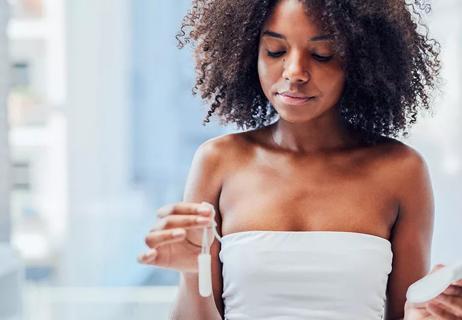
It depends on your menstrual flow, and a little trial and error

Yes, with the right absorbency level and maximum time-frame
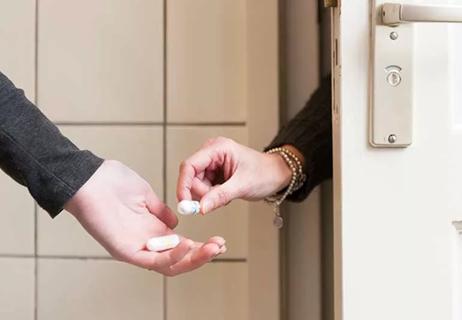
From using one at night to how often you should change them
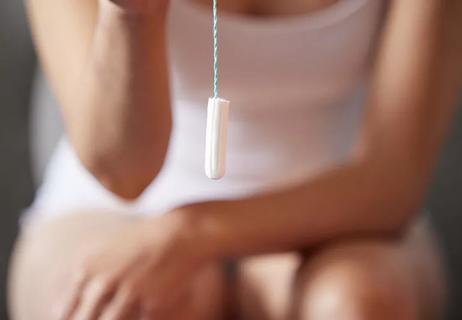
Use them within five years and store them someplace cool and dry
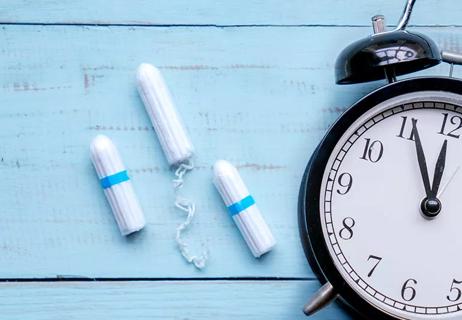
In addition to toxic shock syndrome, you risk other vaginal infections

Wearing a scarf, adjusting your outdoor activities and following your asthma treatment plan can help limit breathing problems

Your diet in the weeks, days and hours ahead of your race can power you to the finish line

When someone guilt trips you, they’re using emotionally manipulative behavior to try to get you to act a certain way